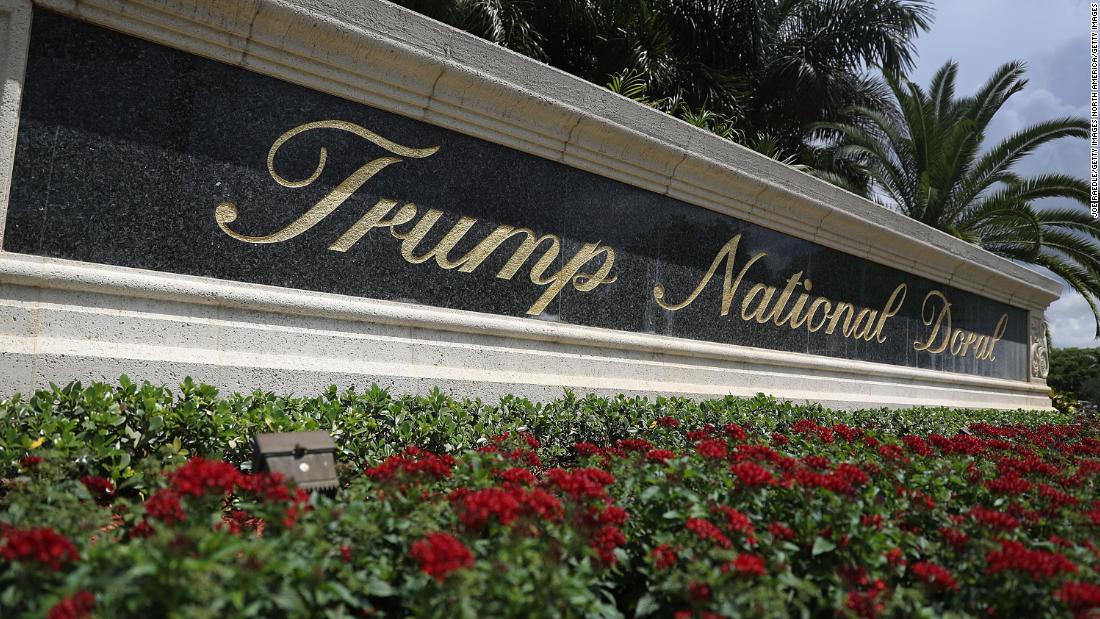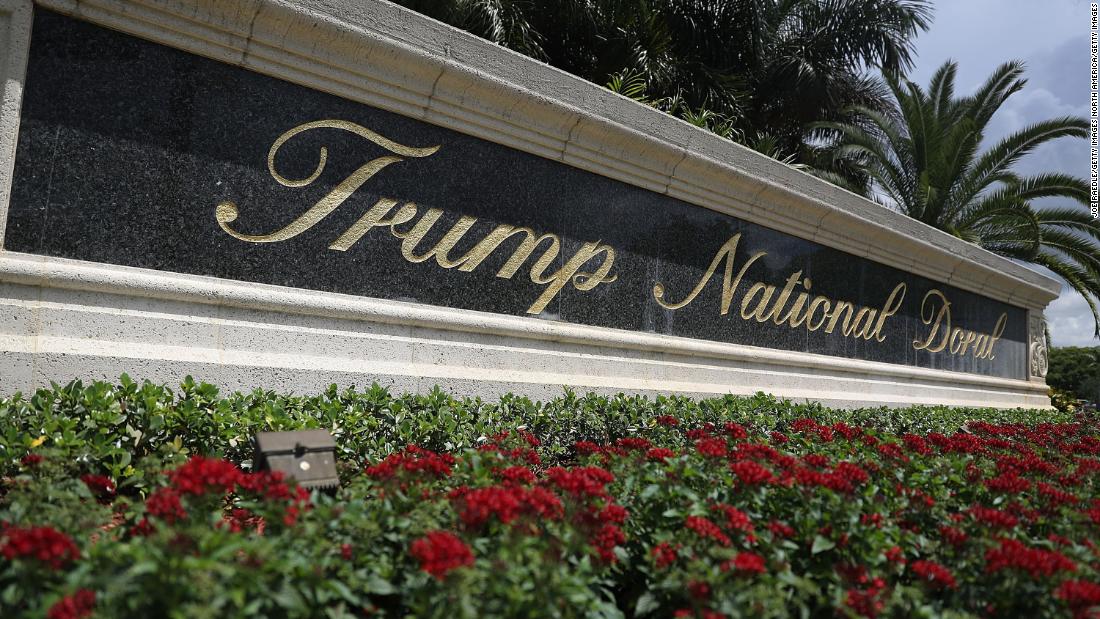[ad_1]

“Increasingly brazen, President Trump just last week announced that he was awarding the next G7 summit to his resort in Doral, Florida, only to reverse course after a public outcry — in the aftermath, disparaging ‘you people with this phony Emoluments Clause,'” a court filing states.
The lawsuit is one of several aiming to access the President’s financial records, as Democrats say Trump is violating the Constitution by doing business with foreign governments without first seeking congressional approval.
A lower court allowed the lawsuit to go forward, but the appellate court agreed to step in and hear an early appeal before any subpoenas could go out. Arguments in the case will be heard on December 9.
The legal brief marks the first time critics of the President have made mention in court of Trump’s decision — and subsequent reversal — to hold the next G7 summit at his resort in Florida. Acting White House chief of staff Mick Mulvaney made the original announcement of the G7 decision on Thursday; Trump reversed the decision Saturday.
“By maintaining ownership of his companies while allowing them to conduct business with foreign governments, the President is accepting payments and other financial benefits from foreign states without the consent of Congress,” in violation of the foreign emoluments clause of the Constitution. Elizabeth Wydra, a lawyer for the Democrats, argued in court papers.
Wydra said that the results are “predictable” and that “foreign officials flock to the President’s hotels and resorts, paying up to hundreds of thousands of dollars for celebrations and blocks of rooms.” Wydra, the president of the Constitutional Accountability Center, seeks to issue 37 subpoenas directed at various entities seeking information concerning the President’s financial interests.
US Justice Department lawyers argue that the lower court was wrong to allow the lawsuit to proceed. In court briefs they said that the legislators don’t have the legal right or “standing” to sue because such a lawsuit must be brought by the entire Congress, “not an amalgam of individual legislators or even a single chamber of a bicameral body.”
They also argue that the Constitution’s emoluments clause refers only to “compensation accepted from a foreign government for services rendered” and not a broader interpretation that covers “any profit or gain.”
On Monday Trump had continued to defend his initial decision to hold the G7 at one of his properties while several emoluments-related lawsuits are pending.
“I was willing to do this for free,” he said, adding, “it would’ve been the greatest G7 ever.” He said that his family runs his business now. “I actually put all the stuff in trusts.” He dismissed the criticism calling it “this phony emoluments clause.”
Similar lawsuits are pending in other courts and the issue is likely to land before the Supreme Court.
[ad_2]
Source link

